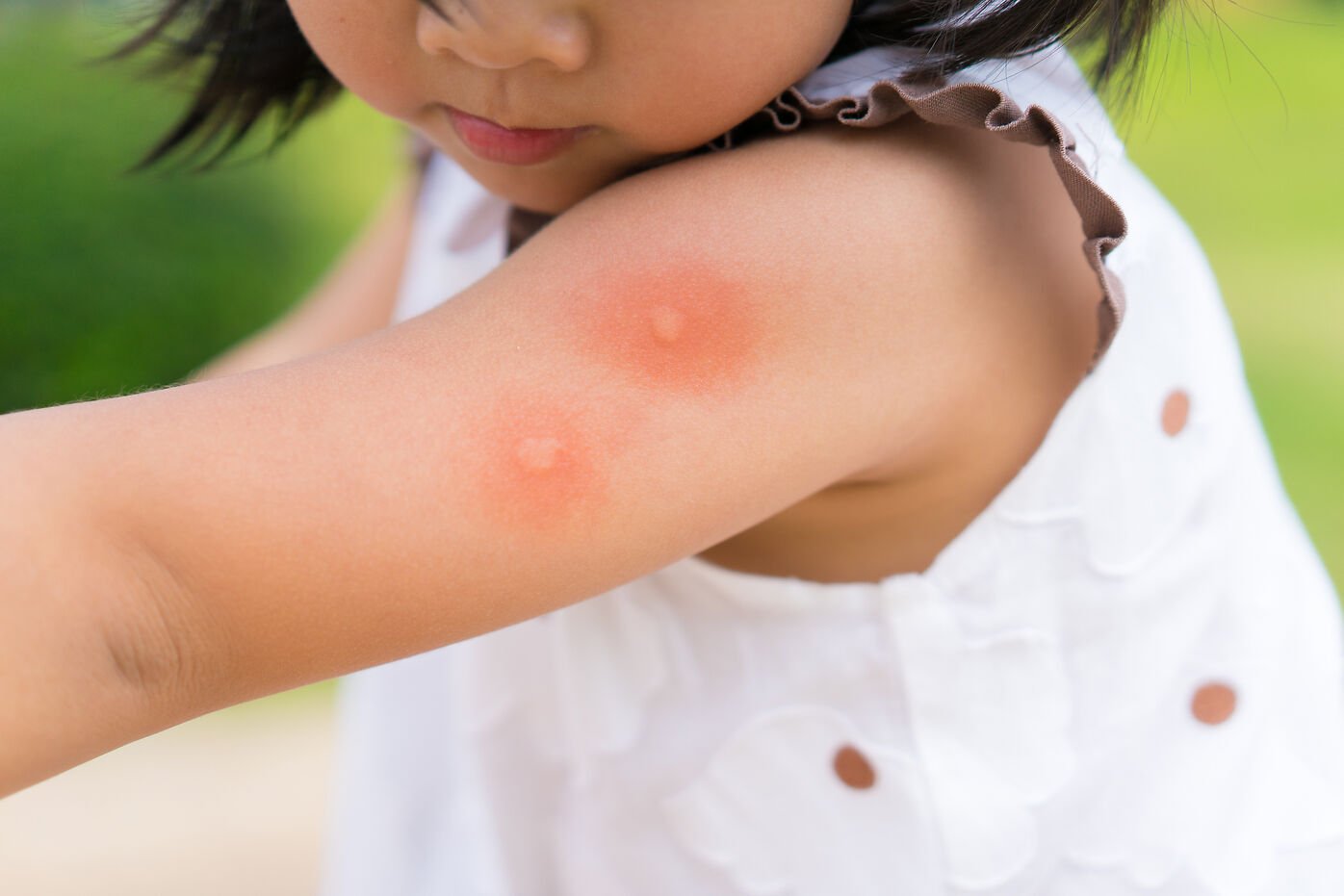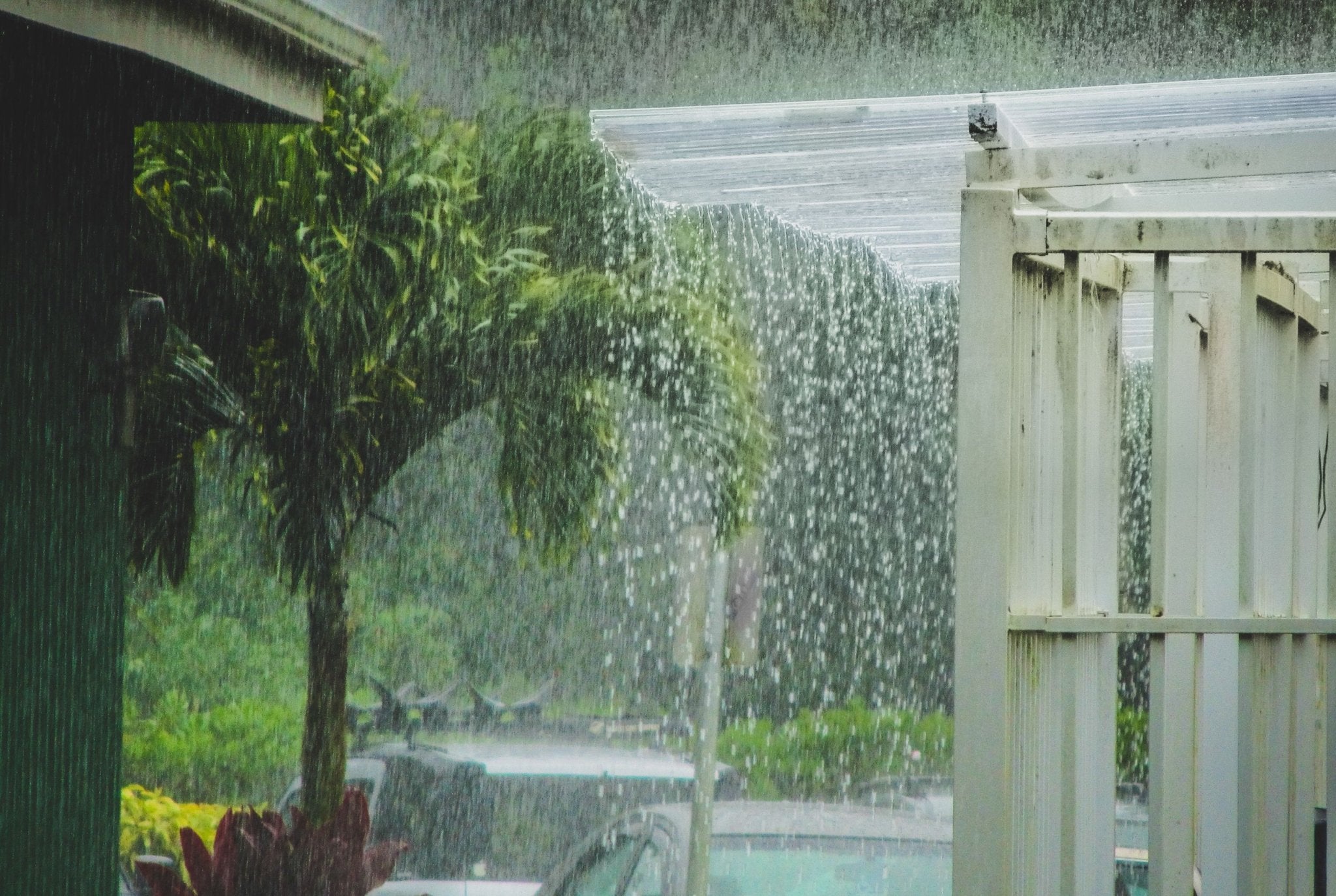Mosquitoes are members of a group of small flies that can spread germs through their bites, causing diseases such as the West Nile virus or malaria. You can find mosquitoes in most parts of the world, and although we are familiar with the itching and swelling that happens after a bite, not all mosquitos bite people or animals.
Most mosquitoes fall into one of two categories: vector or nuisance. A vector is an animal or insect that spreads germs to people and animals. The germs that they spread can make you sick. Nuisance mosquitos, the other common mosquito, will bite but do not spread germs.
Adult mosquitoes can live indoors and outdoors and can bite day and night. Mosquitoes can live for approximately 2-4 weeks, depending on species, humidity, and temperature. Female mosquitoes bite people and animals to feed on blood needed to produce eggs, and when mosquitoes get infected with germs when they bite they pass on the infection to people and animals. It only takes a few mosquitoes to start an outbreak and put you and your family at risk.
There are over 200 types of mosquitoes in the United States. According to the CDC, 12 out of those 200 can spread germs that make people sick, with more than 2,000 cases of malaria, just one disease due to mosquitoes, reported in the United States annually. Because it’s impossible to tell which mosquito spreads germs, it is important to protect yourself and others from mosquito bites.

Diseases That Mosquitoes Can Spread
Some, but not all, of the common diseases mosquitoes can spread are as follows:
Zika: Zika virus is especially important to be aware of if you are pregnant. Infection during pregnancy can cause birth defects, and there is no vaccine or medicine for Zika. Some symptoms include fever, rash, headache, and joint pain.
West Nile: According to the CDC, West Nile Virus is the leading cause of mosquito-transmitted disease in the continental United States. Cases occur during summer through fall. You can reduce your risk of contracting this virus by using insect repellant and preventing mosquito bites.
Jamestown Canyon Virus: This virus can be found throughout the United States but is most commonly seen in the upper Midwest from late spring through fall. Symptoms include fever, headache, fatigue, and in more serious cases, inflammation of the brain.
Mosquito Bites
When mosquitoes bite, they pierce the skin with their proboscis, a special mouthpart for sucking up blood. As they feed, they inject saliva into your skin, which causes a reaction (a bump and itchiness). Some reactions are mild, others are strong with a larger swollen area and redness.
Bite Symptoms:
- Small, red bump, appearing after the bite
- A hard, itchy bump, appearing approximately one day after the bite or bites
- Blisters
- Dark spots
Although most mosquito bites are not severe, more serious reactions can occur, especially in children, people with immune system disorders, and bites from a species to which you had no prior exposure.
Sever Bite Symptoms May Include:
- A larger, swollen area
- Hives
- Low-grade fever
Controlling Mosquitoes Inside Your Home
Mosquitoes like to rest in dark and humid places, making closets, under sinks, or laundry rooms the perfect spot. It is important to take steps to rid your home of mosquitoes because once indoors, they can start laying eggs.
Weekly, empty, clean, or throw away any items that contain water to remove mosquito eggs. Use indoor insecticides if mosquitoes are in your home after taking measures to control them inside and outside your home, i.e. repairing screens and emptying containers.
To keep mosquitoes from re-entering your home, consider the following:
- Installing or repairing window and door screens
- Keeping doors and windows that are not screened closed, including garage doors
- Use air conditioning as much as possible instead of opening windows and doors
Controlling Mosquitoes Inside Your Yard

Controlling mosquitoes in or around your home is a crucial step to reducing the chances of being infected by virus-spreading mosquitoes. Below are some helpful tips to reduce mosquitoes around your home.
Remove Standing Water:
- Weekly, be sure to empty and clean any items that hold water, such as trash containers, buckets, flower pots, tires, or any other items that contain water. Removing these items or removing the water from them is crucial to reducing mosquitoes which lay eggs near water.
- Cover and secure containers that contain water to keep mosquitoes out
- Clean out rain gutters at least twice a year
- Remove any ditches or puddles of standing water from your yard
- Refrain from overwatering your yard
Plant Mosquito-Repellent Plants
One great preventative aid in deterring mosquitoes is to add plants to your garden that will keep them at bay. There are many plants that help to repel mosquitoes, below is a list of a few:
- Basil
- Lavender
- Peppermint
- Rosemary
- Tea Tree
- Garlic
Controlling Mosquitoes with Stop Bugging Me!® Multi-Action Fogging Solution

Stop Bugging Me!® Multi-Action Fogging Solution effectively kills and repels mosquitoes, ants, fleas, ticks, and spiders with a dry, airborne fog. This unique fog deposits minute levels of active ingredients to control both airborne and landed insects.
Our plant-based formulation is recommended for flower beds, trees, and grassy areas but can also be applied to standing water and puddles. Not for indoor use, but can be used in unoccupied barns, stalls, and so on. Must NOT be applied directly to people or animals but is otherwise safe for use around people and pets.
Stop Bugging Me!® Multi-Action Fogging Solution is especially useful in the control and eradication of mosquitoes. Safe for use around trees, turf, shrubs, and ornamentals.



